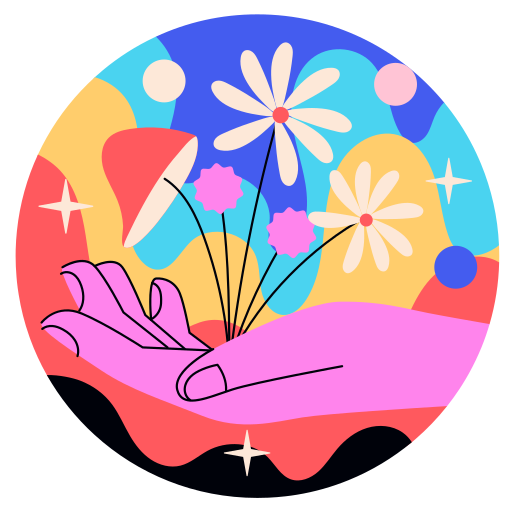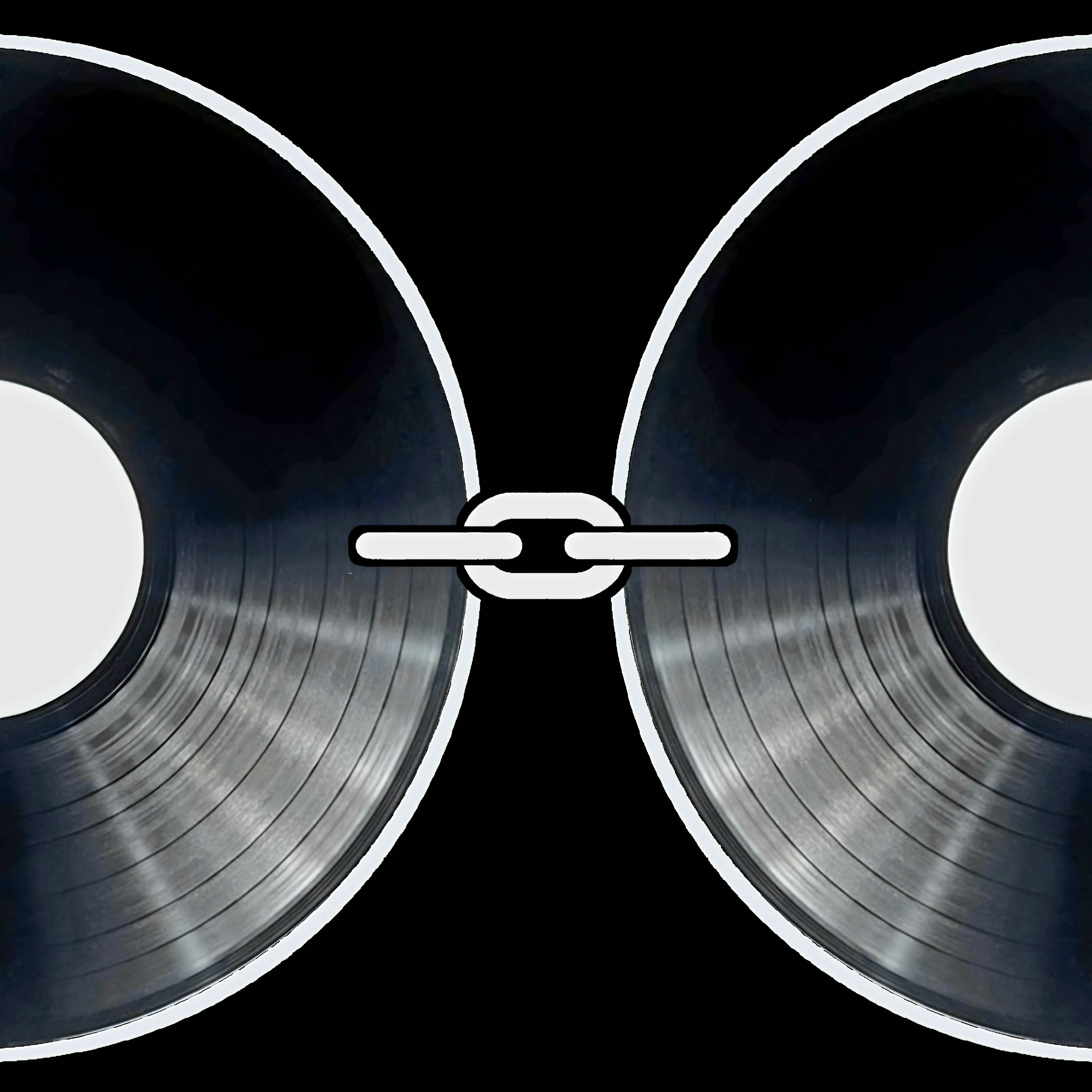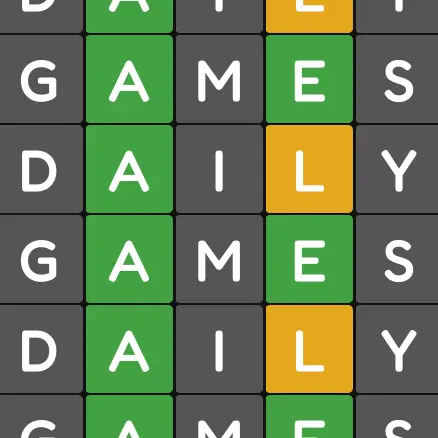- 1 Post
- 67 Comments

 1·5 days ago
1·5 days agoThanks for that, much appreciated :)

 71·6 days ago
71·6 days ago“White and his team fired a powerful laser at a 50-nanometre thick sheet of gold for 45 quadrillionths of a second…”
As a rank amateur I don’t understand the other discussions here, but my thinking is that if a material is heated up for such a short period of time, and also only in a very small location (“The laser was focused to a spot approximately 100 µm in radius”), not across the whole mass, then the energy will dissipate across the mass of the material without building up enough to break the bonds and melt.
For me, what’d be more significant to know is how long it’d take for melting to occur/what’s the tipping point.
So I’ve skimmed through the journal article and:
https://www.nature.com/articles/s41586-025-09253-y
“Notably, the temperatures exceed the proposed limit of 3Tm in both cases for over 2 ps. This time is approximately an order of magnitude longer than the characteristic phonon oscillation period and, thus, much longer than required for homogeneous melting”
So the gold did melt, just not instantaneously!
“Our experimental findings raise an important question about the ultimate stability limit for superheating.”
Right so both news articles avoid stating that melting occured so far as to suggest it didn’t and that was what was significant…oh well, reading the journal article was interesting at least!
One question of mine I didn’t see was answered is, what significance do the xrays have on the temperature and time taken to melting?

 4·9 days ago
4·9 days agoAhh craps, there goes my chance to come passed the line to the field with you.
I had to look this up as it sounded unusual, but looking at the younh plant it is basically a small trunk covered in long floppy pine leaves/needles that superficially looks like a clump of grass at first. I suspect there’s no evolutionary advantage to looking like grass, but storing up energy before growing upwards makes sense if there’s a periodic fire risk with each fire risk period being over a couple of years. Also handy for dealing with browsing pressure from particulary hungry critters following a fire.
Vomiting certainty… I like that turn of phrase!
A great touch, attached in a little bag too!

 41·18 days ago
41·18 days agoThey did say ‘crazy amounts’ in the title, as if they were weened on social media as a baby, so I’m not in the slightest surprised, thanks for saving me a pointless read!
P.s. as you say, celciheit is clearly the current preferred measurement…

 10·19 days ago
10·19 days agoProbably just some “lets put out a story that sounds like we’re doing something good (but will never actually put any real time or effort into), rather than just imprisoning people for disliking genocide” kinda day…

 16·19 days ago
16·19 days agoA match made in H…Hull/Hanover then! What’s the German equivalent of leaves on the lines?

 26·20 days ago
26·20 days agoGermany are going to have to do the heavy lifting on this one, we can’t even make one go half way up our country.
 15·24 days ago
15·24 days agoI can imagine an Auzzie tabloid running that story if that happened England, in part for funsies, but what’s the beef with Europe?
I sell the truth, that is my fan. Mits off! You now owe me $5.
I underestimated every time. Interesting to see where so many people went for!

 3·1 month ago
3·1 month agoVery much with this. You are you. And that’s it. If the person you build a relationship with gives, shares & cares as you do then you’re onto a winner. That’s what’s important.

 1·1 month ago
1·1 month agoHe’s gonna have an all gold bang up time with dump. Besties back together.

 8·1 month ago
8·1 month agoIf the only variables they accounted for were human population, surface temperature and land use then they’ve omitted one of the biggest influences - pesticides (and other deleterious, persistent chemicals). Also, soils in agricultural management have long been known to be deteriorating due to intensive modern practices, but that may less of a factor.

 4·1 month ago
4·1 month agoQuite possibly, I’m a devout athiest so don’t even begin to think in any religious or spiritual terms (could you tell?!)
But yes, I certainly agree with that statement without argument. Thanks for the discussion :)

 8·1 month ago
8·1 month agoHaha, I thought you’d say that! Well no, given how widspread and old religion and spiritually is that’s not possible for anyone but a child raised by wolves to say it hasn’t been an influence!
My centre point of discussion is to look back before, wayyyy before any of these ideas could be cultivated. I feel that you are starting somewhere at a point where these morals are in the process of being developed and refined, if in early days, so your arguments are somewhat self supporting (happy to be corrected, just the impression I’m getting).
You say there’s no point in discussing what cannot be proven with evidence…well that makes this whole discussion somewhat defunct then unfortunately!! I’d already written the below so I’ll leave it should you wish to discuss further despite this :)
You say it was necessary for formation of larger social groups etc but…I go back to my basic starting point of “I don’t like…” As you say there needs to be discussion, development and unity of belief for it to become a recognisable, repeatable, lasting moral system. But that just demonstrates my point that basic, individualistic morals came first then once complex language started to develop then shared likes and dislikes become more prevalent. Imagine what it was like before? Just take a look at chimpanzees.
The developement of shared beliefs, religious or otherwise, will no doubt have occurred simultaneously. Overlapping, replacing and morphing over millions of generations. Some ideas being discarded/diminished as other new ones arose - e.g. that great 1 in 1000 year volcano eruption replacing the end of the 20 year flood occurance, to use my natural disaster example again.
But “I don’t like…” is still the starting point for pretty much any discussion about morals as far as I believe.





If you’d like to hear about the versatility of the word ‘fuck’ click and enjoy some Wildhearts at the same time :)
https://youtu.be/3ZLFlzDazvA
You may want to skip the last minute…on the original cd it was waaay longer!